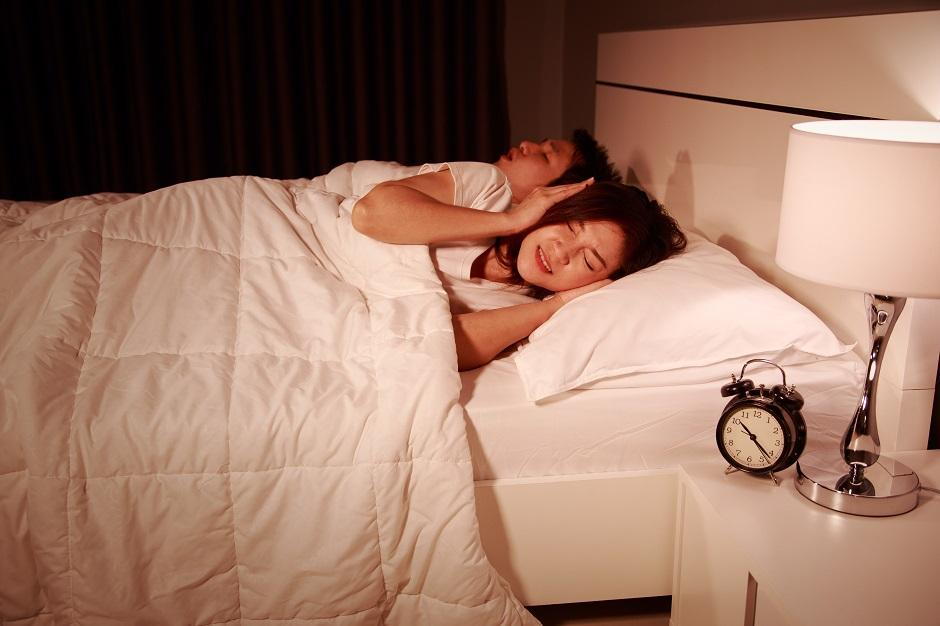
Occasionally, a person stops breathing while sleeping due to certain conditions. One such disorder is sleep apnea. It's a severe condition that can lead to high blood pressure, Type 2 diabetes, and impaired liver function, among other things.
However, identifying sleep apnea can be difficult due to the fact that many of the symptoms are comparable to those of other health disorders. It's vital to see an expert who can correctly diagnose the issue and devise a treatment strategy.
Different Types of Sleep Apnea
Sleep apnea can be classified into three categories:
- Central sleep apnea
- When someone has a breathing disorder, their brain doesn't send the correct signals to the muscles that control their breathing.
- Obstructive sleep apnea
- Relaxed muscles at the back of the throat reduce airflow during sleep.
- Complex sleep apnea syndrome
- This occurs when a person has both central and obstructive sleep apnea.
The symptoms of central sleep apnea and obstructive sleep apnea are almost identical. A physician can perform tests to discover which type you have and how to treat it.
Sleep Apnea Symptoms to Look Out For
Many individuals are unaware they have sleep apnea until their partner complains about their snoring. This symptom is often overlooked and neglected. Many people assume it's a minor problem with no cause for alarm.
But snoring can signal a severe issue with a person's breathing as they sleep. The muscles in the back of the throat relax during sleep, causing the airway to close or narrow. When air passes over these relaxed muscles, the tissues vibrate, creating snoring.
The symptom of loud snoring isn't the only one. Other sleep apnea warning symptoms include:
- Struggling to breathe while sleeping
- Sweats at night
- Experience a sore throat or a dry mouth after waking up
- Daytime exhaustion
- Anxiety or depression
- Frequent waking up or restlessness at night
- Concentration problems
- Headaches
- Forgetfulness
You should see your physician immediately if you develop any of these symptoms.
Sleep Apnea Treatment Options
If you have sleep apnea, there are several therapies available. The best treatment for you will be determined by the type of disorder you have and its severity.
Treatments for sleep apnea include:
- Therapy with an oral appliance
- An oral device can help you get a better night's sleep by keeping your mouth in the optimal posture. You can choose from a variety of appliances to get the best one for you.
- Changes in your lifestyle
- Obesity raises the risk of obstructive sleep apnea. Losing weight may help to lessen symptom frequency and improve sleep quality.
- Surgery
- Multiple operations are available to correct faulty or excessive tissue that inhibits air from passing through the throat or nose.
A competent sleep expert could help you figure out which treatment is ideal for you. Do not put off getting a diagnosis for your disease in order to avoid potential medical complications.
Final Thought
To work and take care of your everyday tasks, you must be well-rested. If you have sleep apnea, you are more likely to have restless nights and wake up exhausted. Remember, you shouldn't suffer from the physical and mental effects of an easily treatable condition.
